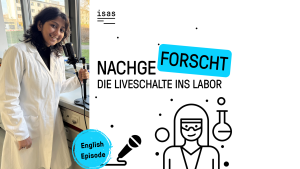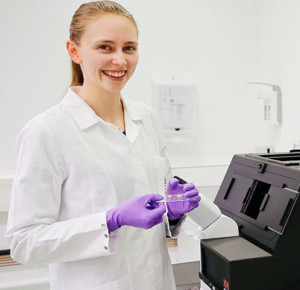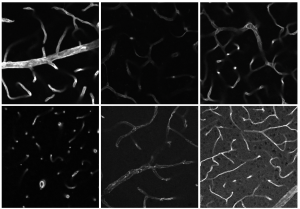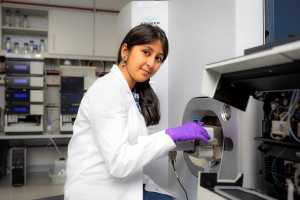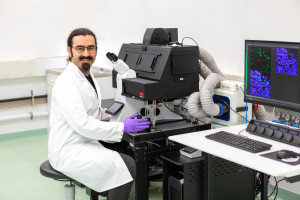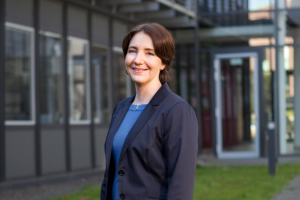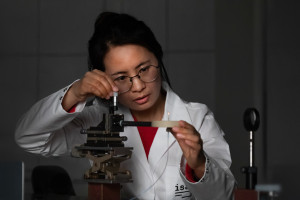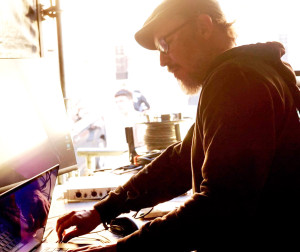Dortmund, 2nd December 2022
A training course on the open source software Skyline is taking place at ISAS in Dortmund from 20 to 23 March 2023. The course on using the software for (un)targeted proteomics and metabolomics, lipidomics and glycomics is aimed at beginners and advanced users.
Topics
Day 1 – Introduction to Targeted Quantitative Proteomics & Skyline, SRM Assay Development
Day 2 – Parallel Reaction Monitoring (PRM), Indexed Retention Time & Absolute Quantification
Day 3 – MS1 Filtering, DIA Data Analysis & Further Advanced Topics
Day 4 – Small Molecules Data Analysis

The registration fee – 540 euros (academic) and 810 euros (industry) – includes course materials, refreshments, lunch and one dinner. Participants need to bring their own notebooks to the course (OS Windows or a virtual Windows machine, at least 8 GB RAM, admin rights).
Registration until January 20
Registration is possible via this form, either by e-mail to skyline2023@isas.de or fax to +49 (0) 2 31.13 92-200, until Friday, January 20, 2023. ISAS will consider registrations following the order in which they were received. The course will take place with a minimum registration of 20 participants.
